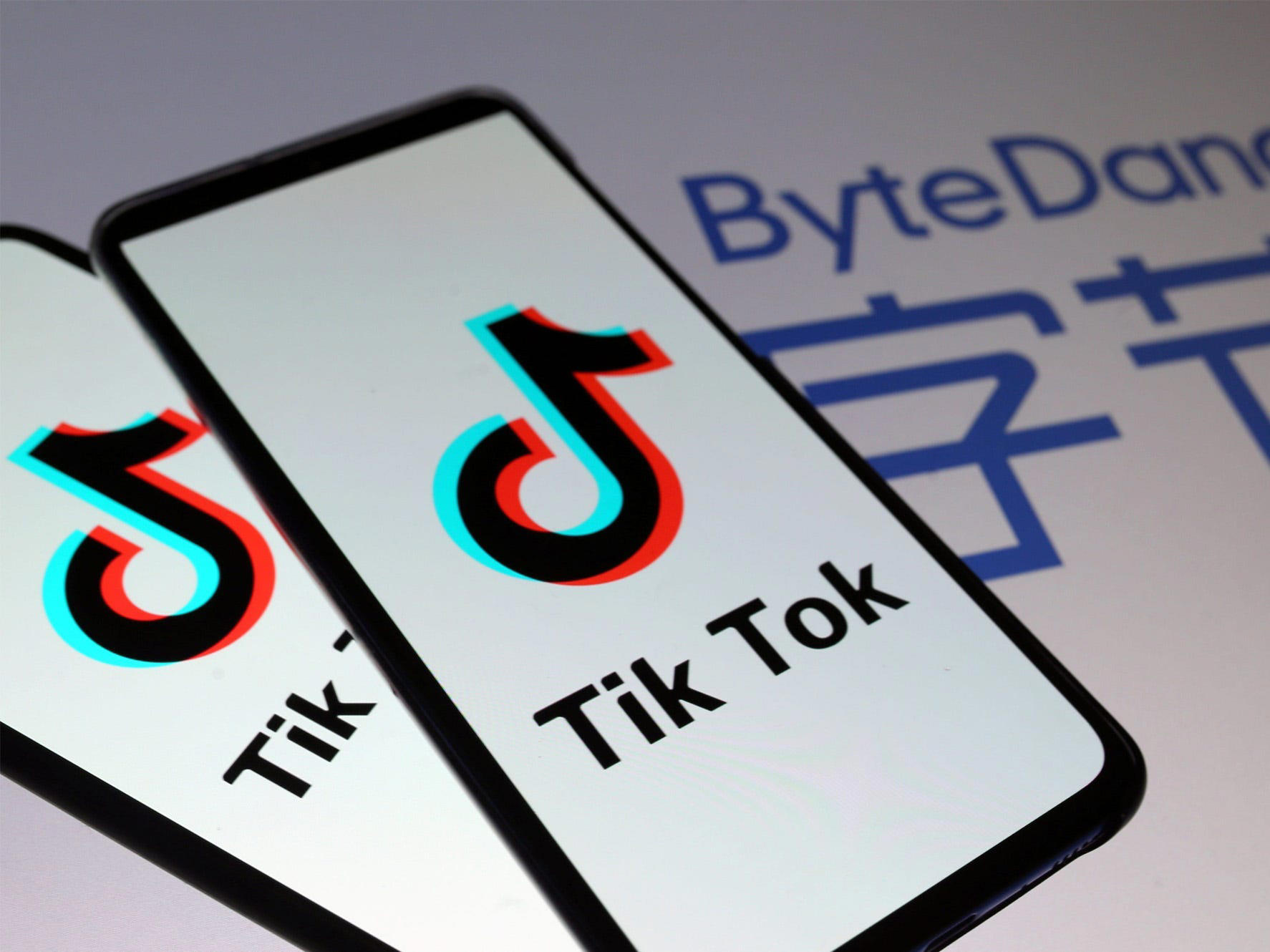Stock Markets
TikTok owners report record revenues

Bytedance has surpassed its competitors, digital giants Tencent, and Alibaba. They reported profits of $23.9 billion and $22.5 billion dollars, respectively, in 2022. The Chinese company’s turnover reached nearly $85 billion, up 30 percent from the previous year.
TikTok has recently faced growing security concerns from governments around the world. In the U.S., owners are even being forced to sell their stakes in the company. However, Bytedance representatives said that the loss of TikTok would not be significant for financial health, although the platform has great potential given its growth in recent years.
A lot of Western governments and institutions have already banned TikTok. Officials in France, Estonia, Norway and Australia have been banned in recent weeks. Earlier, civil servants in Britain, the Netherlands, Belgium and New Zealand were forced to remove the app. At the end of February, two of the European Union’s largest political institutions, the Commission and the Council, banned TikTok on employees’ phones because of cybersecurity concerns.
Earlier, we reported that JPMorgan analysts predicted a recession in the U.S. market.
Stock Markets
Bitcoin’s new record lifts industry stocks ahead of ‘Crypto Week’ in Washington
Stock Markets
S&P 500 climbs to keep record in sight as chip stocks ride ongoing AI-led demand
Stock Markets
Deutsche Bank starts Cinemark at Buy as it sees box office recovery driving cash

 Forex3 years ago
Forex3 years agoForex Today: the dollar is gaining strength amid gloomy sentiment at the start of the Fed’s week

 Forex3 years ago
Forex3 years agoUnbiased review of Pocket Option broker

 Forex3 years ago
Forex3 years agoDollar to pound sterling exchange rate today: Pound plummeted to its lowest since 1985

 Forex3 years ago
Forex3 years agoHow is the Australian dollar doing today?

 Cryptocurrency3 years ago
Cryptocurrency3 years agoWhat happened in the crypto market – current events today

 World3 years ago
World3 years agoWhy are modern video games an art form?

 Commodities3 years ago
Commodities3 years agoCopper continues to fall in price on expectations of lower demand in China

 Economy3 years ago
Economy3 years agoCrude oil tankers double in price due to EU anti-Russian sanctions


























